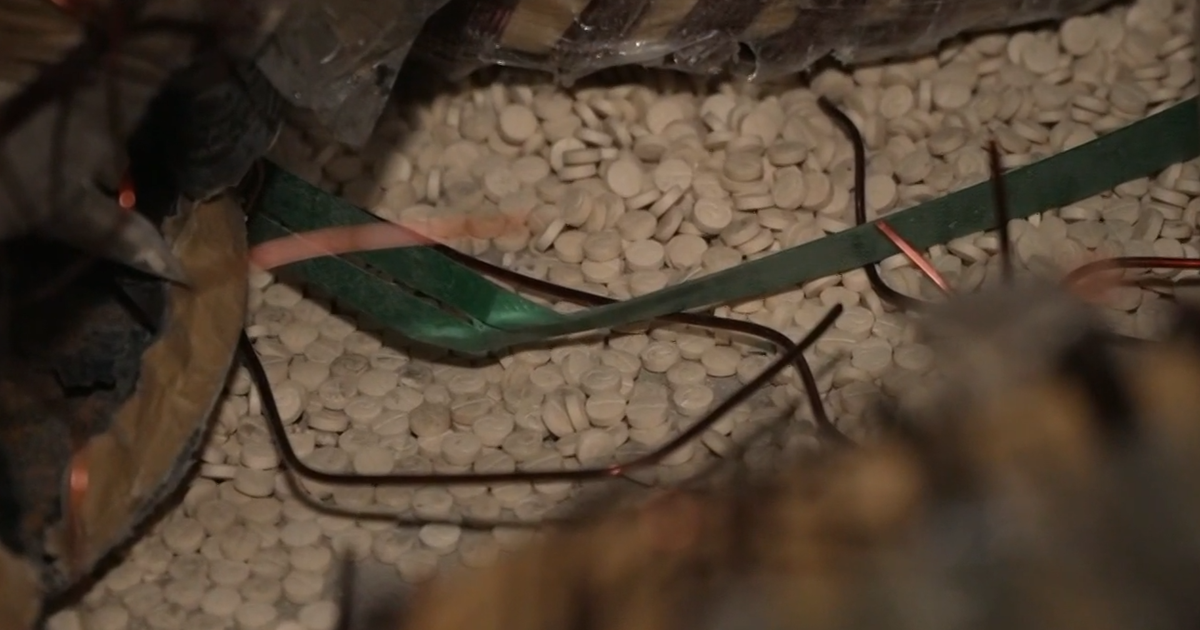How AT&T predicted new technology 25 years ago and what it expects now
In the early 1990s, music came on tapes, phones came with a cord, and AT&T was doing some prognosticating.
"Have you ever kept an eye on your home, when you're not at home? Or gotten a phone call on your wrist?" the company asked in a series of TV commercials. "You will ... and the company that will bring it to you: AT&T," the commercial went on to proclaim.
It's been 25 years since ad executive Nick Scordato conceived AT&T's 'You Will' campaign. Scordato needed to translate AT&T's high-tech, little-known research from its Bell Laboratories into TV spots envisioning a new way of life.
"They showed us some devices," Scordato told CBS News' Brook Silva-Braga. "Mostly they didn't wanna tax our poor brains. So, you know, but they gave us the list, and we understood."
And so came the predictions for things like Netflix.
"Have you ever watched the movie you wanted to, the minute you wanted to?"
There were also predictions for much more, Scordato explains in the present day.
"This is a piece of one of the original storyboards that I did," Scordato said. "You see it said voice identification, and it was a person coming home and just saying, 'I'm home.'"
In another, Scordato predicted an easier form of contact.
"Have you ever sent a postcard you didn't have to mail? Which is great. So that's like a text," Scordato said.
Ultimately it wasn't AT&T that developed these things. Bell Labs' ideas were mostly made real by companies that didn't even exist in 1994. But still, the campaign's uncanny accuracy has been widely praised.
To mark the 25th-anniversary, AT&T hired a team of futurists to try again.
One of them, Gray Scott, offered a preview of the future and how we'll consume it.
"I think the age of the cellphone is limited," Scott said. "We're looking at a future where screens disappear."
In their place, Scott predicts augmented reality devices.
"We're gonna have digital contact lenses," Scott said. "You're still seeing the real world. But there's an augmentation that's happening that's laid over that."
Instead of owning a car we drive, we'll rent time in a rolling living room.
"There's no need to look forward if you're not driving," Scott said. "So, we could configure the seats in any way that we wanted to. We could be facing backward. We could be facing in towards each other."
Scott describes himself as a techno-optimist. He thinks that the terminator robot apocalypse isn't coming. And he's also sure "Back to the Future: has it wrong. He said there will never be flying cars.



